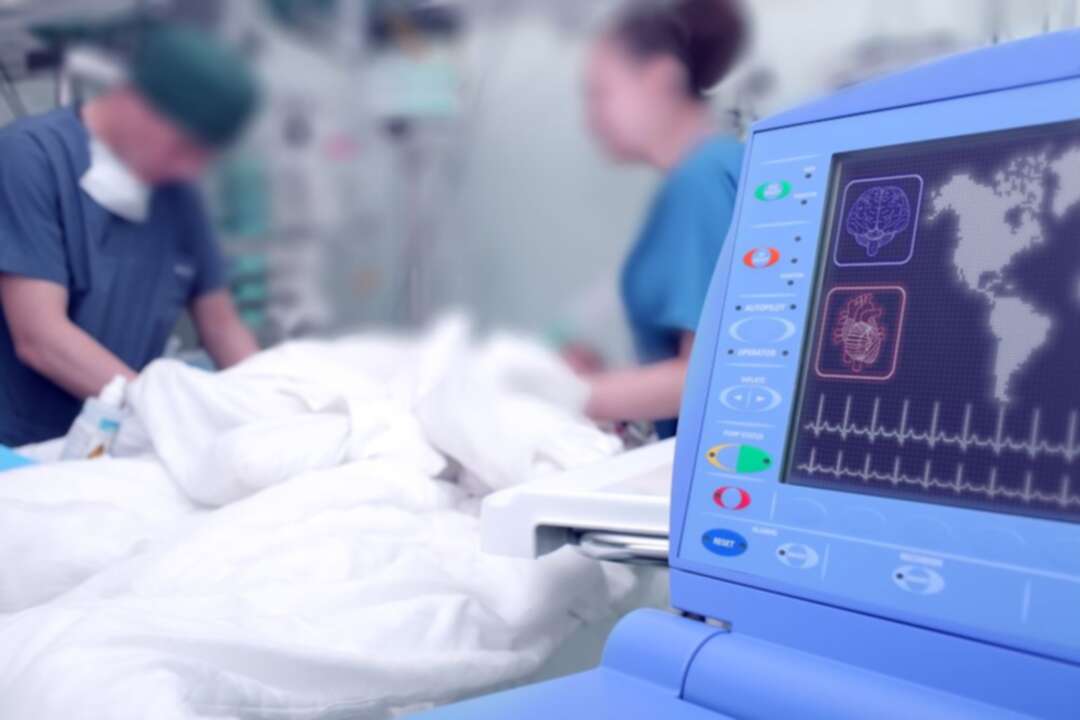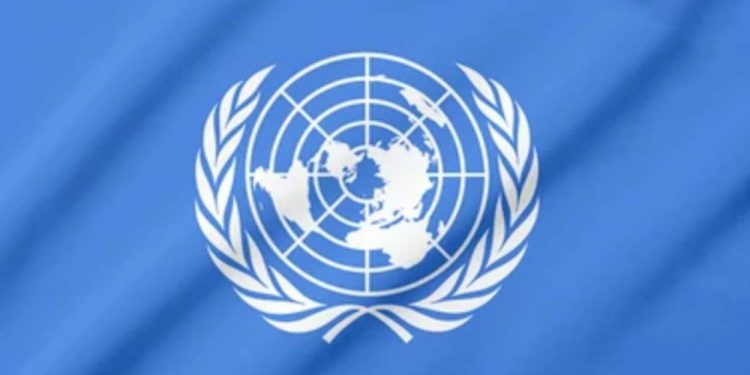-
UN kicks off emergency plan to provide fuel to health sector in Lebanon

The Xinhua reported, the United Nations on Thursday kicked off a three-month emergency plan to provide fuel to all public hospitals, primary health care centers and dispensaries servicing the most vulnerable communities in the different regions in Lebanon.
Najat Rochdi, the UN deputy special coordinator for Lebanon, was quoted as saying in a statement released by the UN: "The plan aims to maintain critical health, water and sanitation services for the most vulnerable populations and prevent the discontinuation of lifesaving activities implemented by humanitarian actors."
This plan, developed in collaboration with United Nations Children's Fund (UNICEF), World Health Organization (WHO) and the nongovernmental organizations (NGOs) working on health and WASH issues, is part of the broader UN coordinated Emergency Response Plan launched in early August with a financial ask of 383 million U.S. dollars, to provide critical life-saving humanitarian assistance to most vulnerable Lebanese and migrants affected by the ongoing crises.

Rochdi explained that the UN intervention is temporary as the responsibility to ensure uninterrupted provision of basic services remains with the government of Lebanon.
Read more: Reconstruction plan funded by Egypt kicks off in besieged Gaza
Rochdi said: "I call on the government to save no effort to implement, at the earliest possible, sustainable solutions to the on-going energy crisis and to protect the rights of families in Lebanon to access essential services."
Read more: VP Harris and Indian PM meet as US tries to boost co-operation in Asia
Lebanon has been facing an unprecedented financial crisis amid shortage of U.S. currency reserves which prevent the country from importing its essential needs including fuel, medicines and food products.
The shortage of fuel posed great challenges on hospitals which were forced, in some cases, to put off operations, risking the health of patients.
Source: xinhua
You May Also Like
Popular Posts
Caricature
BENEFIT Sponsors BuildHer...
- April 23, 2025
BENEFIT, the Kingdom’s innovator and leading company in Fintech and electronic financial transactions service, has sponsored the BuildHer CityHack 2025 Hackathon, a two-day event spearheaded by the College of Engineering and Technology at the Royal University for Women (RUW).
Aimed at secondary school students, the event brought together a distinguished group of academic professionals and technology experts to mentor and inspire young participants.
More than 100 high school students from across the Kingdom of Bahrain took part in the hackathon, which featured an intensive programme of training workshops and hands-on sessions. These activities were tailored to enhance participants’ critical thinking, collaborative problem-solving, and team-building capabilities, while also encouraging the development of practical and sustainable solutions to contemporary challenges using modern technological tools.
BENEFIT’s Chief Executive Mr. Abdulwahed AlJanahi, commented: “Our support for this educational hackathon reflects our long-term strategic vision to nurture the talents of emerging national youth and empower the next generation of accomplished female leaders in technology. By fostering creativity and innovation, we aim to contribute meaningfully to Bahrain’s comprehensive development goals and align with the aspirations outlined in the Kingdom’s Vision 2030—an ambition in which BENEFIT plays a central role.”
Professor Riyadh Yousif Hamzah, President of the Royal University for Women, commented: “This initiative reflects our commitment to advancing women in STEM fields. We're cultivating a generation of creative, solution-driven female leaders who will drive national development. Our partnership with BENEFIT exemplifies the powerful synergy between academia and private sector in supporting educational innovation.”
Hanan Abdulla Hasan, Senior Manager, PR & Communication at BENEFIT, said: “We are honoured to collaborate with RUW in supporting this remarkable technology-focused event. It highlights our commitment to social responsibility, and our ongoing efforts to enhance the digital and innovation capabilities of young Bahraini women and foster their ability to harness technological tools in the service of a smarter, more sustainable future.”
For his part, Dr. Humam ElAgha, Acting Dean of the College of Engineering and Technology at the University, said: “BuildHer CityHack 2025 embodies our hands-on approach to education. By tackling real-world problems through creative thinking and sustainable solutions, we're preparing women to thrive in the knowledge economy – a cornerstone of the University's vision.”
opinion
Report
ads
Newsletter
Subscribe to our mailing list to get the new updates!






















